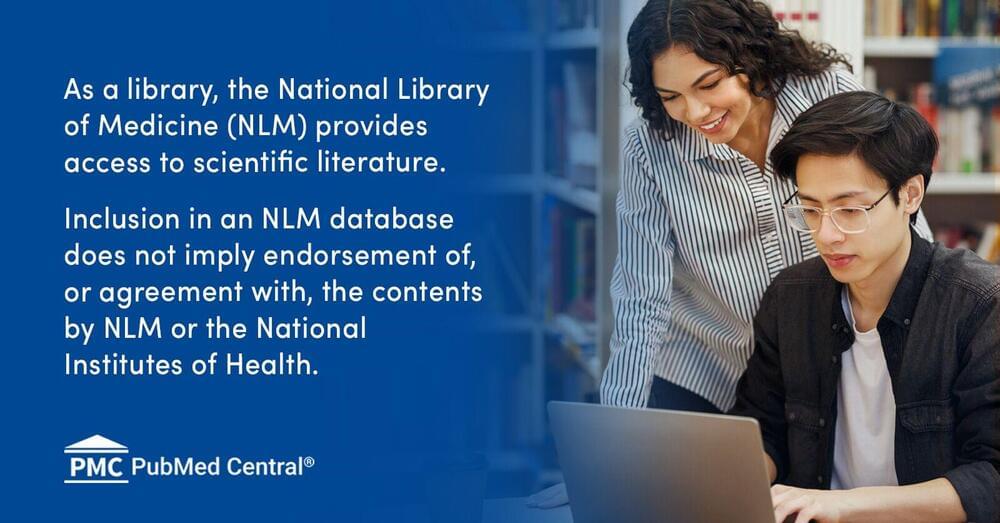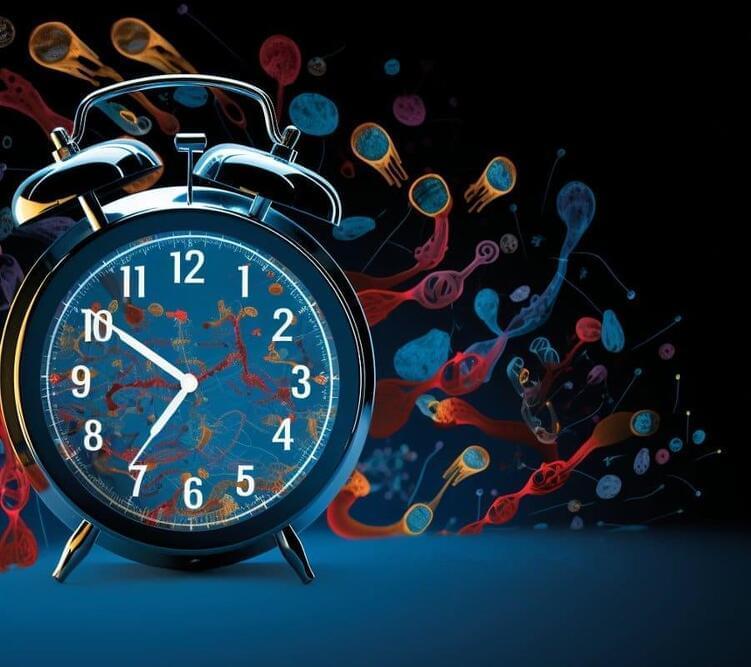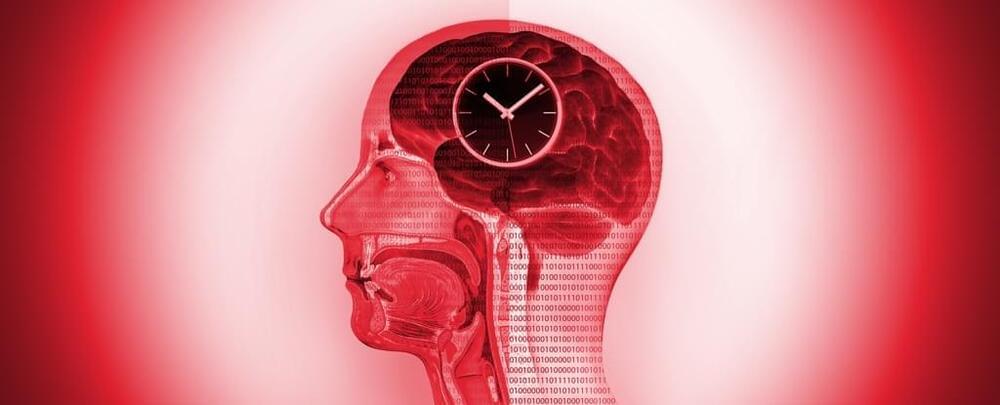The capacity to be creative, to produce new concepts, ideas, inventions, objects or art, is perhaps the most important attribute of the human brain. We know very little, however, about the nature of creativity or its neural basis. Some important questions include how should we define creativity? How is it related (or unrelated) to high intelligence? What psychological processes or environmental circumstance cause creative insights to occur? How is it related to conscious and unconscious processes? What is happening at the neural level during moments of creativity? How is it related to health or illness, and especially mental illness? This paper will review introspective accounts from highly creative individuals. These accounts suggest that unconscious processes play an important role in achieving creative insights. Neuroimaging studies of the brain during “REST” (random episodic silent thought, also referred to as the default state) suggest that the association cortices are the primary areas that are active during this state and that the brain is spontaneously reorganising and acting as a self-organising system. Neuroimaging studies also suggest that highly creative individuals have more intense activity in association cortices when performing tasks that challenge them to “make associations.” Studies of creative individuals also indicate that they have a higher rate of mental illness than a noncreative comparison group, as well as a higher rate of both creativity and mental illness in their first-degree relatives. This raises interesting questions about the relationship between the nature of the unconscious, the unconscious and the predisposition to both creativity and mental illness.
Keywords: Creativity, Complexity, Consciousness, Default mode, Functional imaging, Self-organising systems, The Unconscious, Resting state, REST
Creativity is one of our most valued human traits. It has given human beings the ability to change the world that they live in; and it has also, paradoxically, given them the ability to adapt to changes in the world over which they have no control. Our highly developed capacity to develop and implement new ideas arises from our highly developed human brain. Understanding how creative ideas arise from the brain is one of the most fascinating challenges of contemporary neuroscience.




